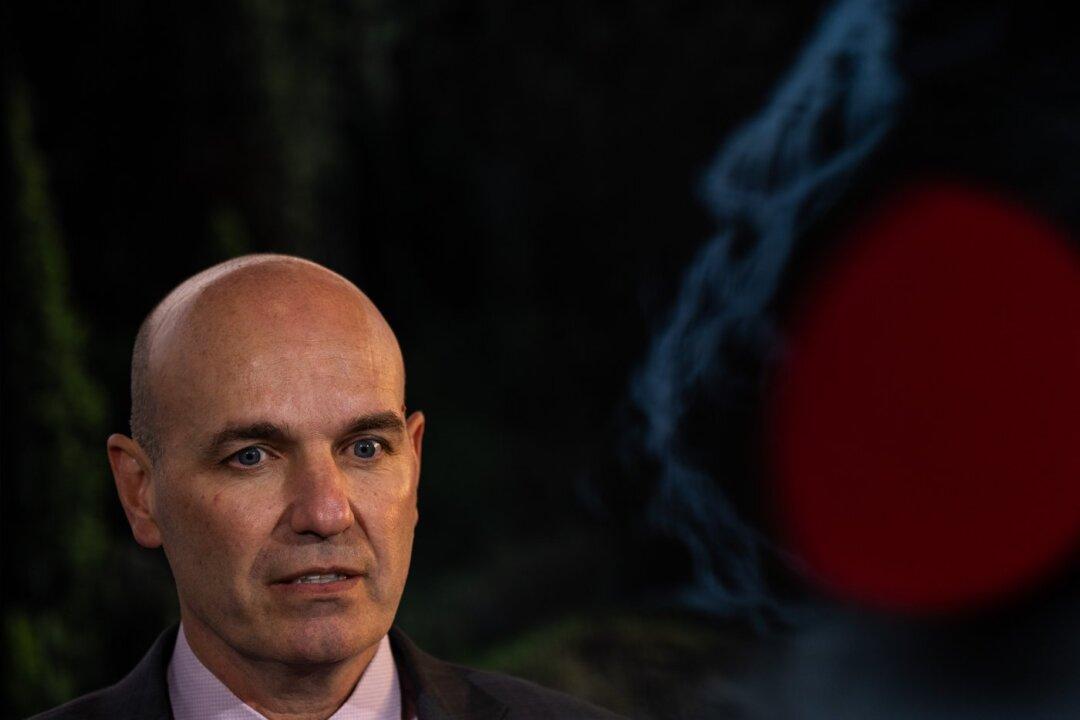The British Columbia government is scrapping a plan that was to allow shared decision-making with First Nations about the use of public land, which was part of the province’s work to align its laws with the United Nations Declaration on the Rights of Indigenous Peoples.
A statement from Nathan Cullen, B.C.’s minister of water, land and resource stewardship, says the province has decided not to proceed with proposed amendments to the Land Act after holding a series of meetings with stakeholders.





